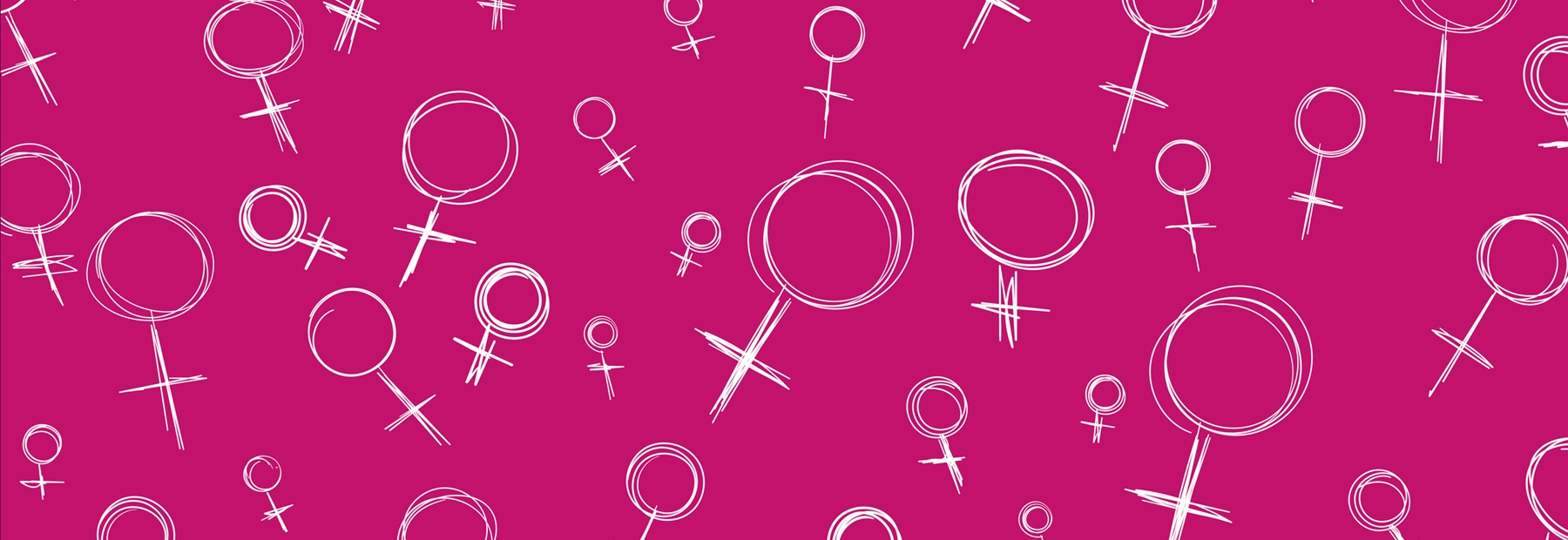This year’s International Women’s Day theme was #BreakTheBias, and yesterday we held a hybrid event for employees to discuss some of the stereotypes, discrimination and bias women often face at work. The event was hosted by our Chair, Kate Jones.
We had guest speaker Dame Kate Barker lead the conversation, a British economist who was a member of the Bank of England's Monetary Policy Committee (MPC) between 2001 and 2010, where she focussed on social and housing issues and led two major policy reviews for the government. In 2014 Kate was made a Dame for services to the economy.
Before joining the MPC, Kate was was Chief Economic Adviser at the CBI and has built an extensive non-executive portfolio – which includes her current role as Chair of the Universities Superannuation Scheme (USS).
As well as sharing her insights on monetary policy, inflation and social housing, Kate shared her experiences working in predominantly male environments and some of the challenges she faced. Kate voiced her early encounters with male superiority and examples of where she wasn’t heard or taken seriously, and how she chose to overcome those situations. “I was the only woman in the room for the first year. One out of 14. There was a real habit of interrupting me or telling me what I meant to say,” said Kate.
During her career, Kate’s experience changed in a positive way once she challenged behaviours and developed her own confidence. “I once said ‘if you’re going to keep interrupting me, there’s not going to be much point in me coming to these meetings at all’, and that did lead to a big improvement.” She stressed how important it is to challenge language and behaviours.
The session concluded with a Q&A where Kate offered her thoughts and advice on how we can better support women, drive change within organisations, and practical ways to overcome barriers in today’s society. When asked about whether the world is getting better or worse for disadvantaged women, Kate acknowledged that there’s still work to be done.
“Women in the UK have more rights, but the issues around childcare and home responsibilities haven’t changed very much. Work-life balance has gotten better, but whether disadvantaged women really have that – I think that’s harder to say," said Kate. "Home working can be isolating and it does leave people (as we know from the experience of COVID-19) much more open to things like domestic abuse. Women are still stuck in difficult situations," she added.
Find out more about our commitment to diversity and inclusion.



